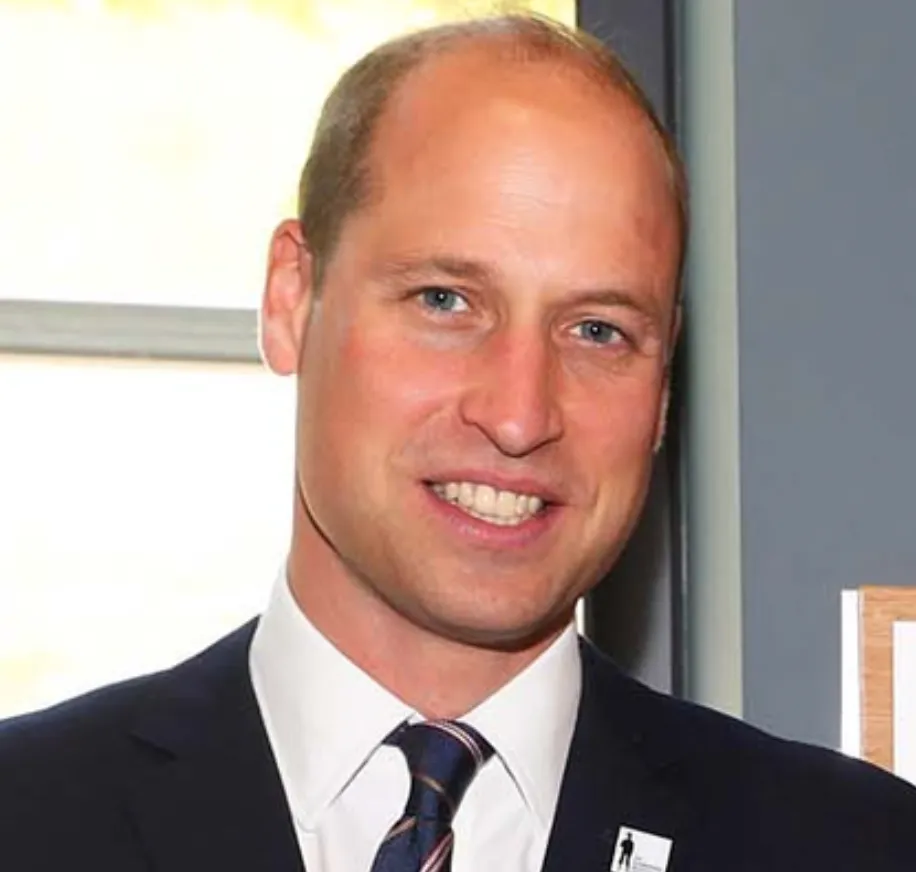Prince William speaks out on the Gaza war and wants peace!
William’s statement resonates with calls for an end to violence, highlighting the critical need for aid delivery to alleviate the crisis’s impact on civilians caught in the conflict.

Prince William’s impassioned plea for peace in the Isr*el-G*za conflict stresses the urgent need for humanitarian aid and hostage release. He expresses deep concern for the human toll and calls for swift resolution and increased support for G*za.

William on Gaza
The prince, deeply moved by the suffering, emphasizes the importance of lasting peace despite the darkness. He refuses to give in to despair, holding onto hope for a brighter future. William’s statement resonates with calls for an end to violence, highlighting the critical need for aid delivery to alleviate the crisis’s impact on civilians caught in the conflict.
Nevertheless, he is not alone in this sentiment. In a parliamentary session in January, UK Foreign Secretary David Cameron voiced apprehensions about potential breaches of international law by Israel in the Gaza conflict. Although he acknowledged receiving advice indicating Israel's compliance, he underscored the existence of lingering questions. Cameron did not directly disclose whether legal counsel suggested Israel had violated international law.
Cameron clarified that the British government's support for Israel remained unchanged. Despite his reservations, he highlighted the absence of official advice from government lawyers on the matter. While acknowledging that certain incidents had raised concerns over potential international law breaches, Cameron refrained from definitively stating that Israel had acted unlawfully. Instead, he urged Israel to exercise caution and prevent any further escalation.
The Context
The broader context of Cameron's statement is rooted in the ongoing Israel-Hamas conflict, where concerns about the use of force and potential violations of international law have gained prominence. Cameron's regular consultations with government lawyers indicate a proactive approach to scrutinizing incidents within the conflict, aligning with the UK's commitment to upholding international legal standards.
Cameron's call for Israel to act carefully underscores the delicate nature of the situation, with international attention focused on preventing further breaches of international law. The nuanced stance taken by the UK, balancing concerns with a continued show of support for Israel, reflects the complexity of navigating the legal intricacies surrounding the conflict.
The UK's position on the International Criminal Court (ICC) and its involvement in the Israel-Palestine conflict has evolved over time, introducing additional dimensions to the discussion. Initially opposing an ICC investigation into alleged war crimes by Israel, the UK argued against the court's jurisdiction, citing Israel's non-membership. However, a shift in approach has seen the UK withdraw its assertion of the ICC's lack of jurisdiction, aligning with a broader trend of intensified criticism regarding Israel's conduct in the conflict.
UK's Position on the ICC
Key points outlining the UK's position on the ICC's involvement in the Israel-Palestine conflict encompass its initial opposition to the court's jurisdiction due to Israel's non-membership. The UK has also expressed reservations about the ICC's independence and criticized its involvement in the situation. Criticism of the UK's stance has arisen, with some advocating for the ICC's jurisdiction and urging an investigation into potential war crimes by both parties.
The dynamic nature of the UK's position on the ICC's involvement in the Israel-Palestine conflict is evident in the government's withdrawal of its previous assertion, signaling a recalibration of its stance. This evolving position underscores the ongoing complexity and diplomatic challenges surrounding the conflict, as international actors grapple with legal considerations while navigating a delicate geopolitical landscape.


